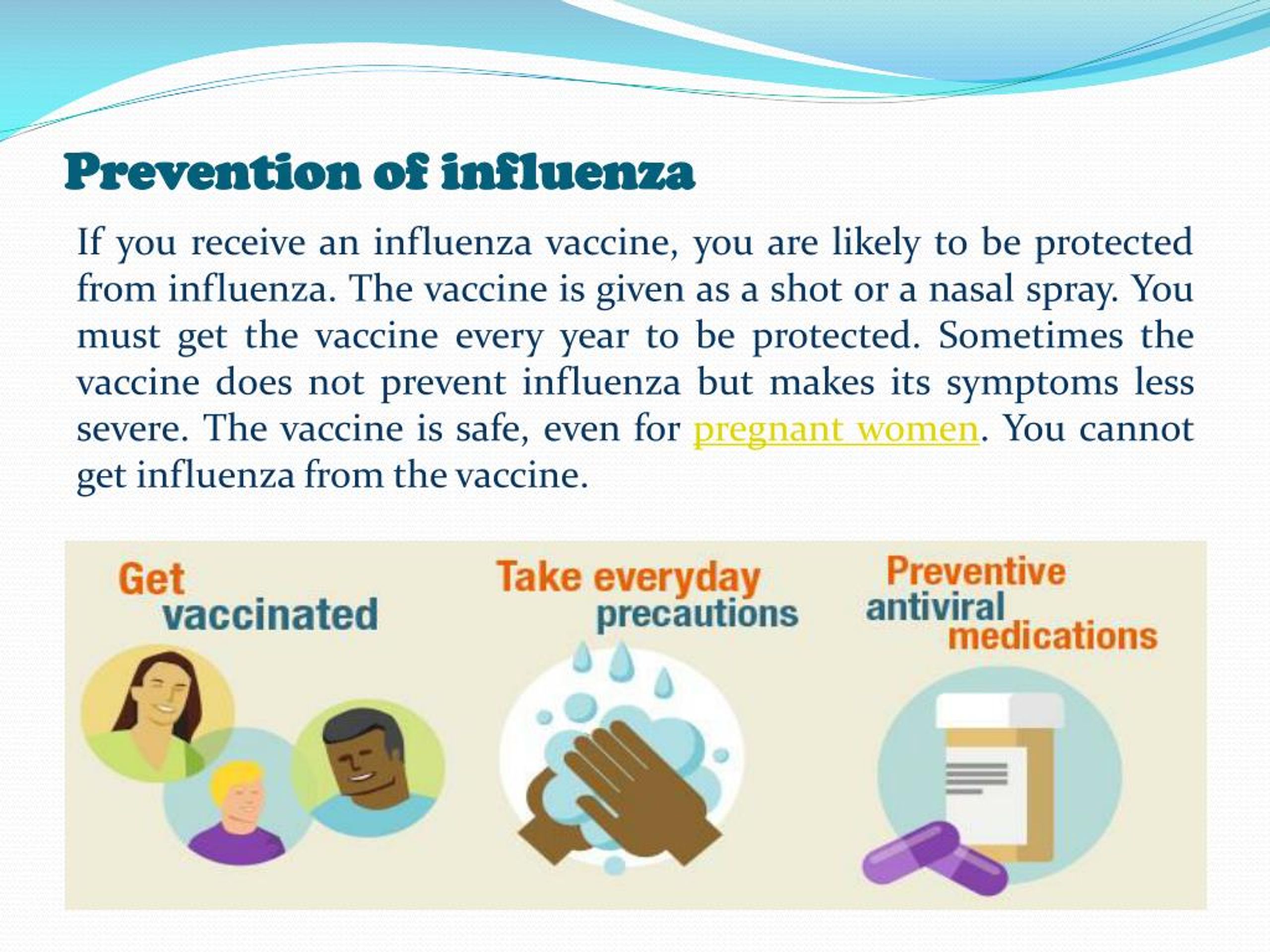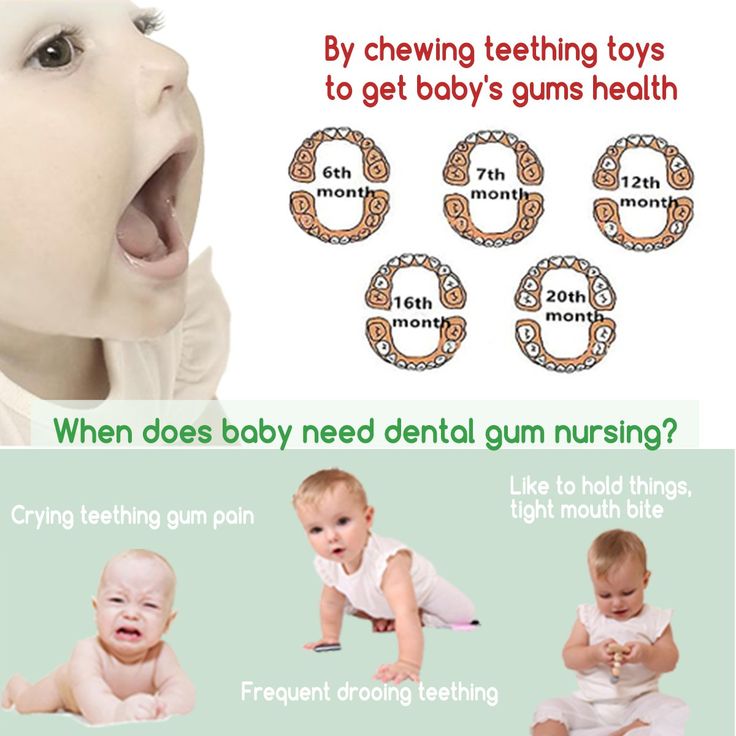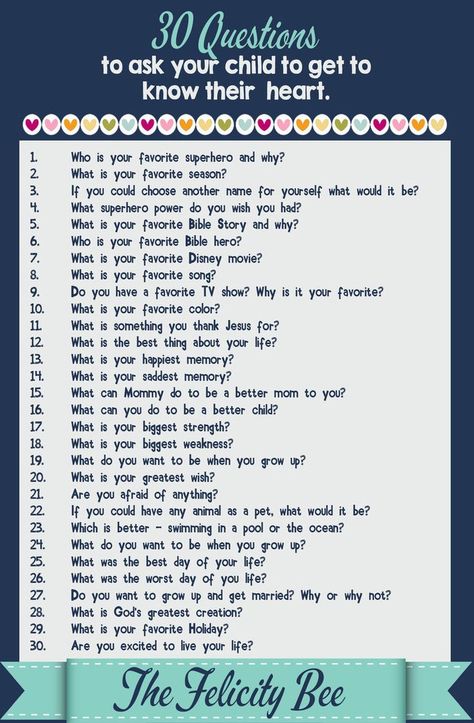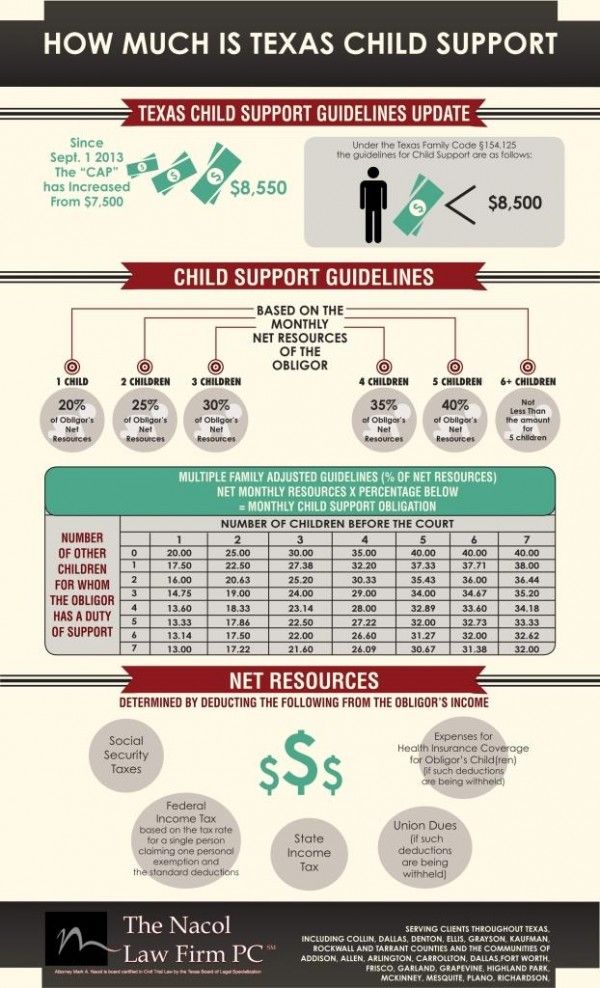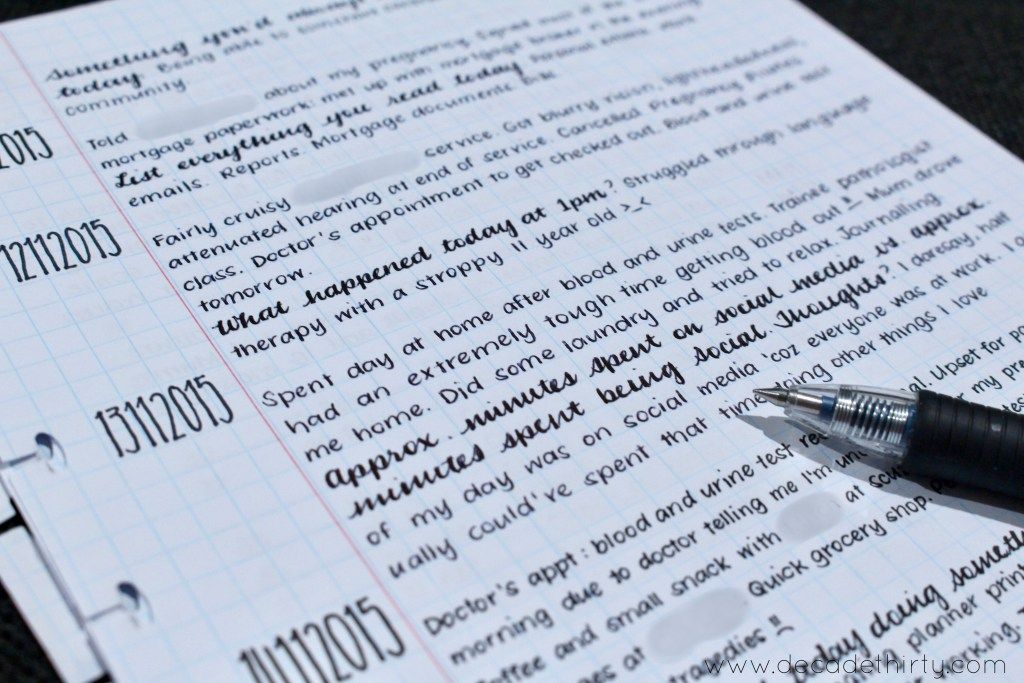Pregnant and blue cheese
Is It Safe to Eat Blue Cheese During Pregnancy?
Blue cheese — sometimes spelled “bleu cheese” — is known for its blueish hue and potent smell and flavor. You’ll regularly find this popular dairy product in salad dressings and sauces, or served alongside fruit and nuts or other cheeses.
Some of the most common varieties are Stilton, Roquefort, and Gorgonzola (1).
Still, because it’s a mold-ripened cheese often made with unpasteurized milk, you may wonder whether it’s safe to eat during pregnancy.
This article explains whether pregnant women can eat blue cheese.
The risks of eating blue cheese during pregnancy have nothing to do with the fact that this dairy product is manufactured using mold, as these specific molds are safe to consume.
Instead, because most blue cheese is made with unpasteurized milk, it carries a higher risk of contamination with Listeria monocytogenes.
This bacterium can cause listeriosis, a foodborne illness that presents much like the flu or stomach bug (2).
Some of the most common listeriosis symptoms in pregnant women are fever, aches and pains, digestive upset, and headaches. More severe symptoms include stiff neck, confusion, convulsions, and loss of balance (3).
These may be a sign that Listeria has entered into the mother’s nervous system, where it can cause bacterial meningitis, or inflammation around the brain and spinal cord (4, 5).
Listeriosis symptoms are often mild for pregnant women, and many may not even realize they have it. However, Listeria can cross the placenta and may be fatal to your unborn baby (3).
While listeriosis is fairly rare, pregnant women are up to 20 times likelier to get it than the general population (6).
Pasteurization, which uses mild heat to partially sterilized certain foods, kills Listeria. However, relatively few blue cheeses are pasteurized, leaving it at a higher risk of bacterial contamination.
Is all blue cheese at risk?
Keep in mind that cooking can kill Listeria.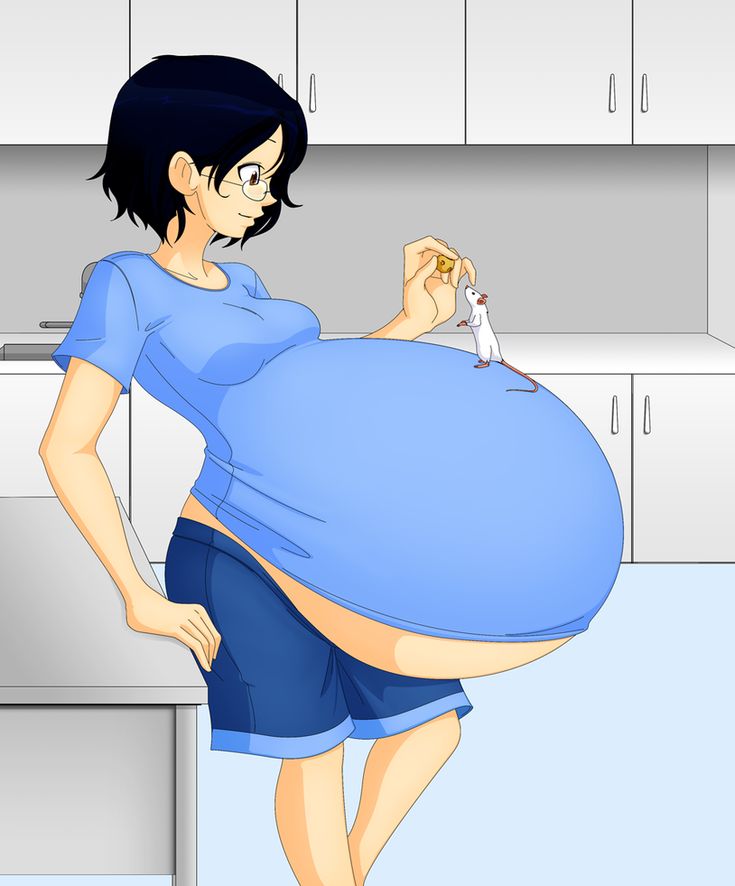 As such, thoroughly cooked dishes, such as pizza with blue cheese, are likely safe to eat while pregnant.
As such, thoroughly cooked dishes, such as pizza with blue cheese, are likely safe to eat while pregnant.
One study using raw milk showed that temperatures of 131°F (55°C) significantly reduced the activity of Listeria (7).
Though less common, some blue cheeses are made with pasteurized milk. You can tell by looking at the product label.
If you’re pregnant, you should avoid any blue cheese that includes raw milk. Unpasteurized dairy products are required by law to have a disclosure in most U.S. states.
What about blue cheese dressing?
Blue cheese dressings often combine blue cheese with mayonnaise, buttermilk, sour cream, vinegar, milk, and onion and garlic powder, though other variations exist.
The milk and blue cheese in this dressing may be at risk of Listeria contamination. Blue cheese dressing may or may not be made using pasteurized ingredients.
To be on the safe side, pregnant women may wish to avoid blue cheese dressing.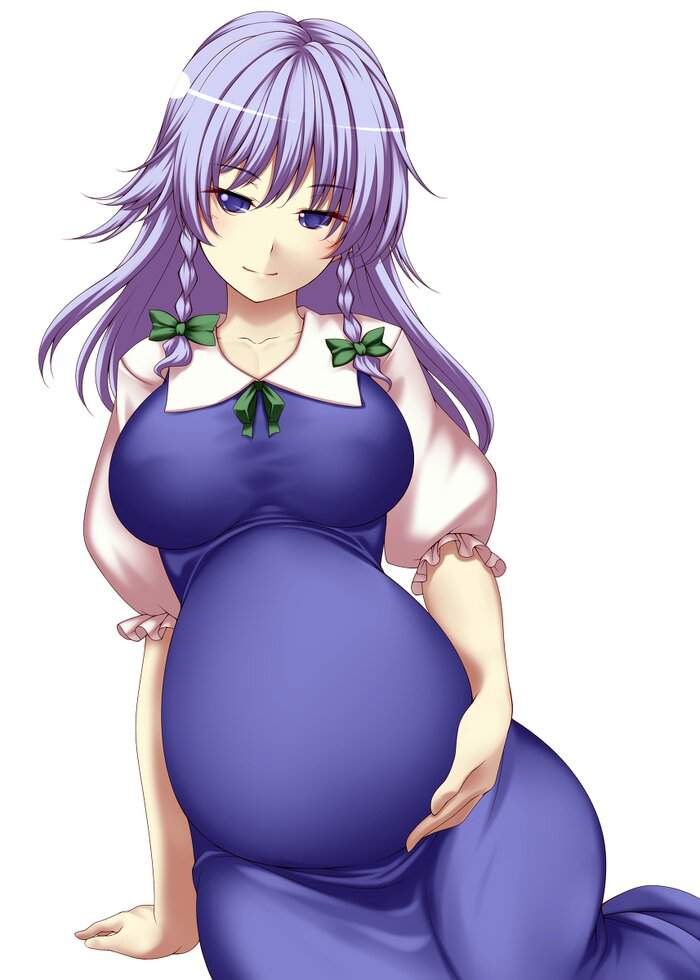 If you decide to buy it, select a product that has been pasteurized.
If you decide to buy it, select a product that has been pasteurized.
SUMMARYAs it’s often made with unpasteurized milk, blue cheese increases your risk of Listeria poisoning, which is extremely dangerous for unborn babies. If you’re pregnant, it’s best to avoid blue cheese products or only buy ones that use pasteurized milk.
Symptoms of Listeria poisoning typically appear within a few days of eating the contaminated food. However, some people may not experience symptoms for up to 30 days.
If you’re pregnant and have eaten blue cheese, don’t panic. Monitor your health and look for symptoms like vomiting, diarrhea, or a fever above 100.5°F (38°C) (9).
Call your healthcare provider if you start to feel sick or think you may have listeriosis symptoms.
A blood test can be performed to confirm the infection, and — if diagnosed early — sometimes antibiotics can be used for treatment (3).
SUMMARYIf you’ve eaten blue cheese while pregnant, don’t panic.
Monitor any symptoms and contact a health professional if you suspect you have listeriosis.
Blue cheese is a soft, mold-ripened cheese that many people enjoy on salads and in sauces.
It’s often made with unpasteurized milk, which puts it at high risk of causing listeriosis, a potentially dangerous infection for pregnant women.
Thus, pregnant women should avoid most blue cheese, as well as products that contain it.
Still, a few blue cheeses are made with pasteurized milk, and these are safe to consume.
If you have eaten unpasteurized blue cheese while pregnant, the best course of action is to monitor your symptoms and call your healthcare provider if you’re concerned.
Can Pregnant Women Eat Blue Cheese? Is It Safe?
Last Updated on September 27, 2021
Blue cheese is one of those contradictory foodstuffs that can be both safe and unsafe for pregnant women, depending on what form it takes. It’s all pretty confusing, so I’ve investigated blue cheese in detail for this article.
Can Pregnant women eat blue cheese? Pregnant women should avoid soft blue cheeses, even if they’re pasteurized. Hard blue cheeses are safe in pregnancy if they’re made with pasteurized milk. Food made with blue cheese (like dressing) can vary.
As blue cheese is such a confusing area for pregnant women, in this article I cover all the different ways you can (or can’t eat blue cheese) in pregnancy and what to look out for. This article only deals with blue cheese, but if you want to learn more about eating all varieties of cheese, I wrote a huge list of cheese types that are safe in pregnancy.
Covered in this Article:
Which Blue Cheeses Are Made From Pasteurized Milk?
It may surprise you to learn that many blue cheeses are made from raw (unpasteurized) milk. Usually, they are aged for so long that only the intended ‘blue’ mold and bacteria survive in them, rather than anything harmful.
However, soft blue cheeses are far more likely to contain listeria than hard cheeses due to their higher water content and lower acidity, no matter how long they are aged (source: NHS).
Subsequently pregnant women need to check both pasteurization AND the texture of a blue cheese in order to determine whether or not it’s safe to eat.
Pasteurized blue cheeses include Stilton, many commercially-produced blue (or bleu) cheese crumbles, and many types of hard, crumbly cheese like Danish Blue.
Blue cheeses made from raw (unpasteurized) milk include Roquefort and some versions of Gorgonzola. However, whether they’re safe or not in pregnancy depends on various factors discussed below.
Which Blue Cheese is Safe in Pregnancy?
Unlike many other foods, the safety of blue cheese in pregnancy doesn’t solely depend on whether it’s pasteurized or not. It also depends on whether it is soft (containing more water) or a hard cheese. Hard blue cheese is safe for pregnant women to consume if it’s made from pasteurized milk, as it has a much lower chance of harboring any listeria.
Advice varies in different countries:
The American Pregnancy Association quote the Center for Disease Control and Prevention in the USA in saying that pregnant women can eat soft blue cheeses, if they’re made from pasteurized milk.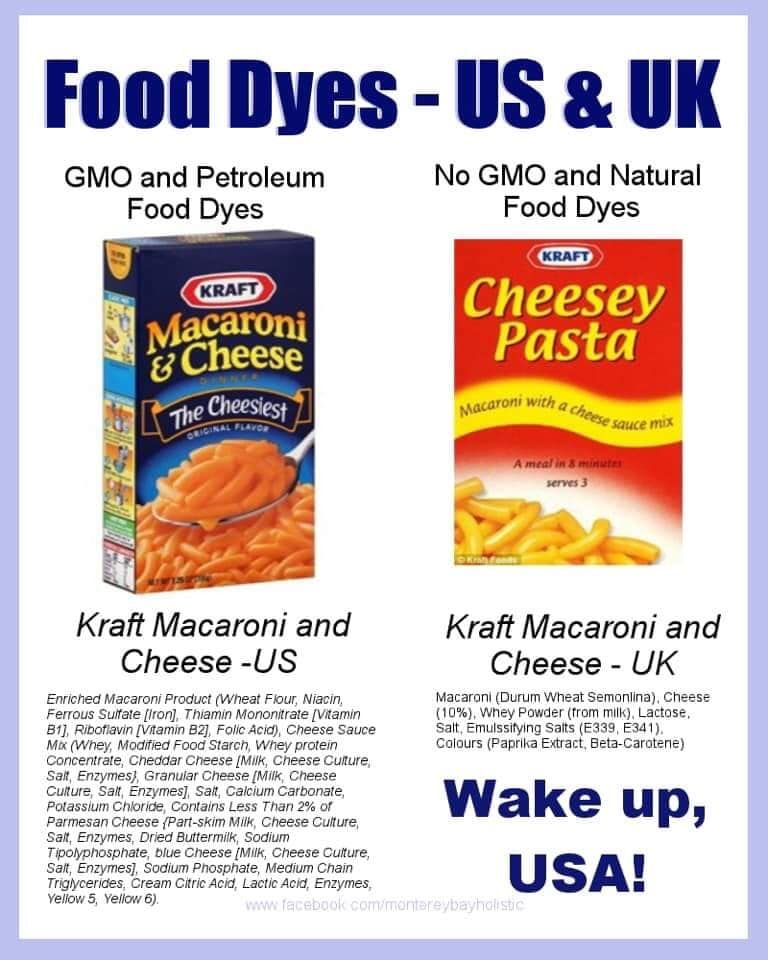
However, the National Health Service in the United Kingdom says that pregnant women should avoid any soft, blue-veined cheese, pasteurized or not. They mention that the only way to make soft blue cheese safe is to cook it.
In Australia, pregnant women are told to avoid all soft and semi-soft blue cheeses, even if pasteurized (source: Food Standards Australia).
When I gained my certification in Nutrition and Lifestyle in Pregnancy from LMU (Munich) the advice was the same as the UK: that pregnant women should avoid all soft cheeses, even if they are made with pasteurized milk.
In 2013 The Annals of Nutrition and Metabolism Journal published a German paper which also stated: “Raw meat products, smoked fish and soft cheeses, also those made from pasteurized milk, present a high risk of containing pathogenic listeria” (source: Karger)
Therefore, on balance, if you want to be super careful, then you should avoid soft blue cheese in pregnancy, whether it is made from pasteurized milk or not.
Pregnant women can eat hard blue cheeses, if they’re made from pasteurized milk. This is because the water content in them is much lower and they are unlikely to contain listeria.
Examples of hard blue cheeses that are safe to eat in pregnancy:- Bay Blue by Point Reyes
- Danish Blue (if hard and crumbly, rather than creamy)
- Kraft‘s hard blue cheeses and crumbles (all Kraft’s cheeses are made with pasteurized milk, as confirmed on their website)
- Huntsman (Stilton layered with Double Gloucester)
- Salemville’s Amish Blue – I asked them and they confirmed that their Smokehaus, Blue Reserve, Blue Wedge, and all blue cheese crumbles are all made from pasteurized milk
- Stilton (but not the almost-identical Stichelton, which is unpasteurized)
- Other generic blue cheese that is hard and crumbly
Which Dishes or Products Containing Blue Cheese Are Pregnancy-Safe?
It’s safe to eat blue cheese products that are both made from hard cheese and are pasteurized. Below is a list of blue cheese products that are safe in pregnancy:
Below is a list of blue cheese products that are safe in pregnancy:
For example, the type you’d find on a steak or as a pasta topping. This is safe if made with a hard blue cheese, and made from pasteurized ingredients. All commercially-made blue cheese sauce will contain pasteurized ingredients and therefore be safe to eat in pregnancy.
Check the ingredients of restaurant-made or homemade blue cheese sauces, as these may contain other ingredients you have to check for pasteurization, such as cream or eggs.
Blue Cheese CrumblesBlue Cheese crumbles (also sometimes called ‘Bleu Cheese’) are safe if made from pasteurized milk. For example, the type sold in tubs and used as a salad topping. These are safe if they’re made from a hard cheese rather than a soft cheese. They usually are, as softer blue cheeses don’t ‘crumble’.
Blue Cheese Salad DressingMost, if not all commercially-produced salad dressings are made with pasteurized ingredients and are made from a hard blue cheese.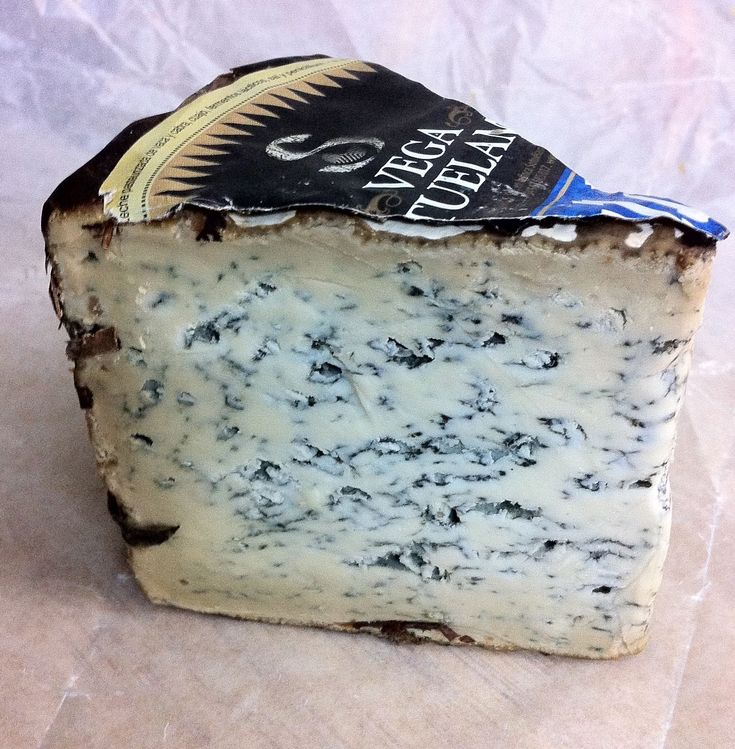 A good rule of thumb is that if it’s displayed on a shelf rather than in a refrigerator, it’s pasteurized.
A good rule of thumb is that if it’s displayed on a shelf rather than in a refrigerator, it’s pasteurized.
For example, popular ‘off the shelf’ brands like Kraft, Newman’s Own, Wish-Bone, Walden Farms and Brianna’s dressings are all made from pasteurized ingredients and are safe in pregnancy.
This may not be the case with ‘fresh’ dressings you find in the refrigerator section of a supermarket or grocery store. Blue cheese dressing made from fresh ingredients may contain unpasteurized ingredients, soft blue cheese, or other foods to avoid like raw egg. Always check the label of ‘fresh’ dressings as their ingredients vary so much.
Blue Cheese DipDip can be treated the same way as blue cheese salad dressing. Commercial, shelf-stable (non-chilled) blue cheese dips are usually made with pasteurized ingredients. If they’re made with hard cheese and pasteurized ingredients then they’re pregnancy-safe.
If the blue cheese dip is in the chilled section, check the label first as it may contain other ingredients you need to look out for, such as milk, cream or egg.
Why Pregnant Women Should Avoid Soft Blue Cheeses (With Examples)
Pregnant women should avoid all soft blue cheeses, even if they’re made from pasteurized milk. This is because their increased water content makes them more likely than other cheeses to contain listeria (source: NHS).
Examples of soft blue cheeses that should be avoided are:
- Blue Brie
- Bleu d’Auvergne
- Cambozola
- Blue Camembert
- Cashel Blue
- Castello
- Cambozola
- “Danish Blue” (could be many makers, but avoid the soft, ‘creamy’ or spreadable types)
- Dolcelatte
- Fourme d’Ambert
- Gorgonzola
- Roquefort
- Saint Agur
If you can’t decide if a blue cheese is soft, a good rule of thumb is that if you can spread it without it crumbling apart, it’s soft. All soft blue cheeses are unsafe if eaten as they are, i.e. chilled or at room temperature. However, soft blue cheese can be heated to make it safe, as described below.
Can Pregnant Women Eat Cooked Blue Cheese?
All cheese (blue or not) is safe to eat in pregnancy if it’s been heated until hot, rather than just warmed.
Blue cheeses don’t usually heat well, as the blue mold and fat separate, but if you really want to eat soft or unpasteurized blue cheese, it’s safe if it’s cooked.
You can heat it up until sizzling (if as a topping) or almost boiling (if in a sauce, for example) to make it safe. This ensures the temperature it reaches should be over 165F / 75c, which will kill any listeria present.
Eating Blue Cheese on Pizza When Pregnant
Pregnant women can eat blue cheese on a pizza, if the blue cheese is cooked. This isn’t always clear-cut because softer cheeses (which you should avoid) might be added after the main pizza is cooked.
If the cheese is cooked until sizzling on top of the pizza, then it’s safe to eat in pregnancy.
If the cheese is added towards the end of cooking, or after cooking (this is common with softer cheeses) then they’re not safe to eat as they haven’t been adequately heated.
If you’re ordering a pizza or calzone that has a soft blue cheese on it, then ask for it to be cooked with the rest of the topping or for longer than usual. The blue cheese should be sizzling hot, not just warm, in order for it to be safe to eat in pregnancy.
Finally, if you’re wondering about blue cheese dipping sauce made by Domino’s, then this is safe to eat because Dominos’ make their blue cheese dip from pasteurized ingredients. You might also be interested in this article I wrote with a list of pregnancy-safe pizza toppings, too.
| This article has been reviewed and approved for publication in line with our editorial policy. |
Is it possible to eat cheese during pregnancy?
Cheese is a tasty and healthy product, beloved by many. That is why the statement of some doctors that any cheese is strictly forbidden to women during pregnancy can seriously spoil the mood. However, you should not despair - if you dig deeper, it turns out that everything is not so categorical.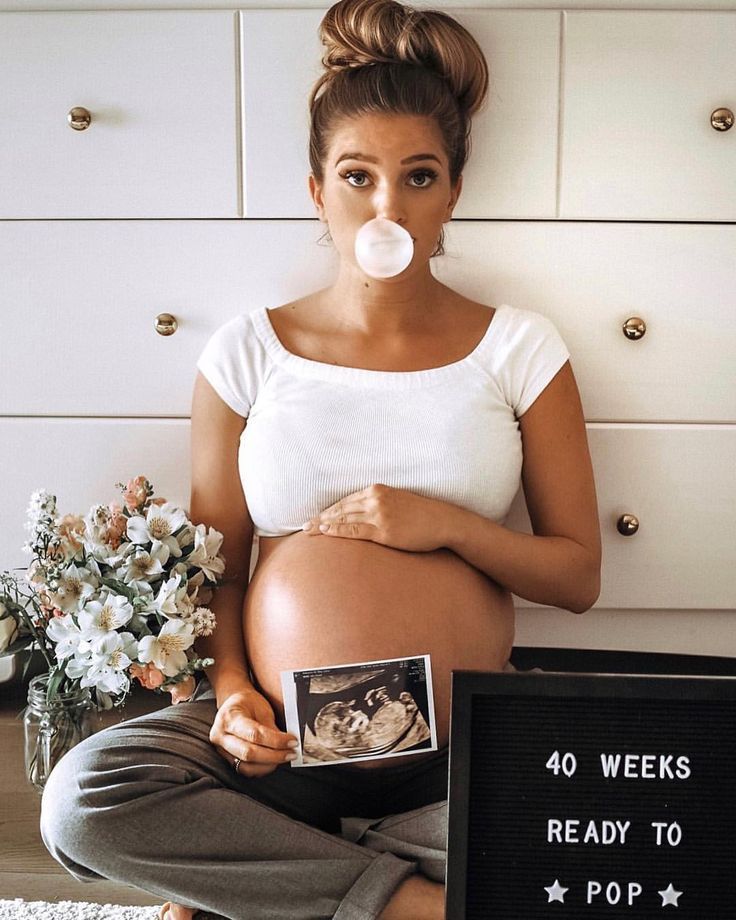 Below we will understand what are the benefits and harms of cheeses for pregnant women.
Below we will understand what are the benefits and harms of cheeses for pregnant women.
Which cheeses should be avoided during pregnancy
Despite all its usefulness and the abundance of microelements and vitamins in its composition, some types of cheese can sometimes cause irreparable harm to a woman and her unborn baby. These are unpasteurized cheeses, which may contain Listeria monocyotogenes, the bacterium that causes listeriosis. Acute infectious disease is severe and is accompanied by chills, high fever, muscle pain, nausea and vomiting. Such a severe clinical picture can lead to a miscarriage or the development of severe pathologies in the fetus - given this, it is necessary to be extremely selective in choosing cheeses during childbearing.
The infectious bacterium lives in unpasteurized cheeses made from sheep's and goat's milk that have not undergone heat treatment. We are talking about soft types of cheese and varieties with mold: dor blue, brie, camembert, cambonzola, etc.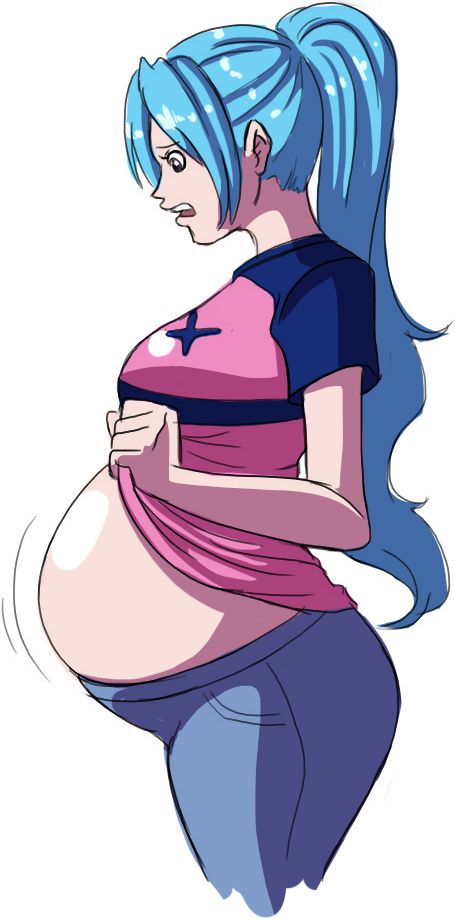 Also at risk are cheeses with blue mold: Roquefort, Gorgonzola, Savoy cheese. Such products contain a lot of liquid and little acid, which is the most favorable environment for the development of Listeria monocyotogenes.
Also at risk are cheeses with blue mold: Roquefort, Gorgonzola, Savoy cheese. Such products contain a lot of liquid and little acid, which is the most favorable environment for the development of Listeria monocyotogenes.
Why mold is harmful when carrying a child
In addition to the risk of getting sick with listeriosis, eating delicious marbled cheeses, you run the risk of experiencing all the delights of the impact on the body of "noble" mold. So, valuable blue mold, which gives cheeses such a refined taste, endows the product with a number of side qualities. Being a pure antibiotic, mold kills the beneficial microflora that inhabits the body, which can cause intestinal dysbacteriosis and disrupt the digestive tract.
An imbalance of water and lactic acid in moldy foods can lead to the growth of fungus in the body, which is also highly undesirable for a pregnant woman who is already in a vulnerable state. Given the foregoing, doctors strongly recommend abandoning "live" cheeses for the period of bearing a child.
Which cheeses are safe for pregnant women? Under the influence of high temperature and careful processing, pathogenic bacteria die, making the cheese not only tasty, but also safe. Such cheeses include: gouda, maasdam, parmesan, cheddar, Poshekhonsky, etc. - all of them will not harm a pregnant woman, since the environment favorable for the life of bacteria is destroyed during high temperature processing. Eating hard cheeses, you will get the whole range of nutrients, saturate the body with calcium and, in addition, diversify your diet with a delicious product.
There is also good news for lovers of soft cheeses: there are varieties that pregnant women can safely include in their diet. These include delicious varieties such as feta, philadelphia, mascarpone, cottage cheese, goat cheese without rind (pasteurized), processed cheeses, etc. The technology for the production of such cheeses involves heat treatment, during which bacteria die. With soft cheeses, you can create various dishes, including delicious and healthy desserts - what could be better for a pregnant woman!
When to start eating moldy soft cheeses
Once your baby is born and the breastfeeding period is over, you can enjoy the full range of cheeses, including the gourmet blue mold varieties.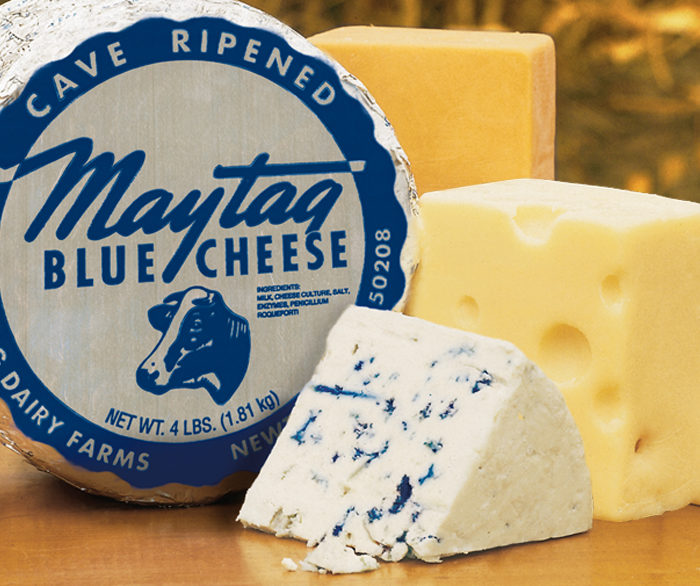 Soft cheeses from Zhukovka are rightfully considered one of the best. Accurate adherence to production technology, verified to the gram of the recipe - all this allows you to make truly gourmet cheeses. By the way, the manufacturer's assortment also includes pasteurized soft varieties, for example, classic feta cheese, which is safe for women in an interesting position.
Soft cheeses from Zhukovka are rightfully considered one of the best. Accurate adherence to production technology, verified to the gram of the recipe - all this allows you to make truly gourmet cheeses. By the way, the manufacturer's assortment also includes pasteurized soft varieties, for example, classic feta cheese, which is safe for women in an interesting position.
Can pregnant women eat blue cheese?
Blue cheese - sometimes referred to as "blue cheese" - is known for its bluish tint and strong smell and taste. You'll often find this popular dairy product in salad dressings and sauces, served alongside fruits, nuts, or other cheeses.
Some of the more common varieties are Stilton, Roquefort and Gorgonzola (1).
However, since it is a blue cheese often made from unpasteurized milk, you may wonder if it is safe to eat during pregnancy.
This article explains whether blue cheese can be eaten by pregnant women.
Moldy cheese may be a carrier of Listeria
The risk of eating moldy cheese during pregnancy has nothing to do with the fact that this dairy product is made with molds, as those particular forms are safe to consume.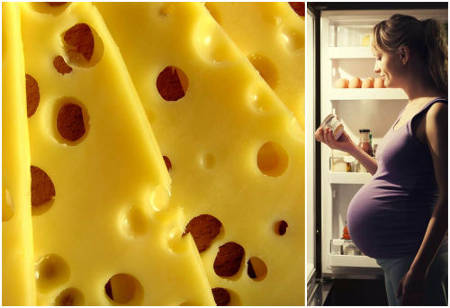
Instead, since most blue cheese is made from unpasteurized milk, it carries a higher risk of infection Listerium .
This bacterium can cause listeriosis, a foodborne illness that is very similar to influenza or stomach bugs.2).
Some of the most common symptoms of listeriosis in pregnant women are fever, pain, indigestion and headaches. More severe symptoms include neck stiffness, confusion, seizures, and loss of balance.3).
This may be a sign that listeriosis has entered the mother's nervous system, where it can cause bacterial meningitis, or inflammation around the brain and spinal cord (4, 5).
The symptoms of listeriosis are often mild in pregnant women, and many may not even know they have them. However, listeriosis can cross the placenta and can be fatal to your unborn baby (3).
Although listeriosis is rare, pregnant women are 20 times more likely to develop listeriosis than the general population.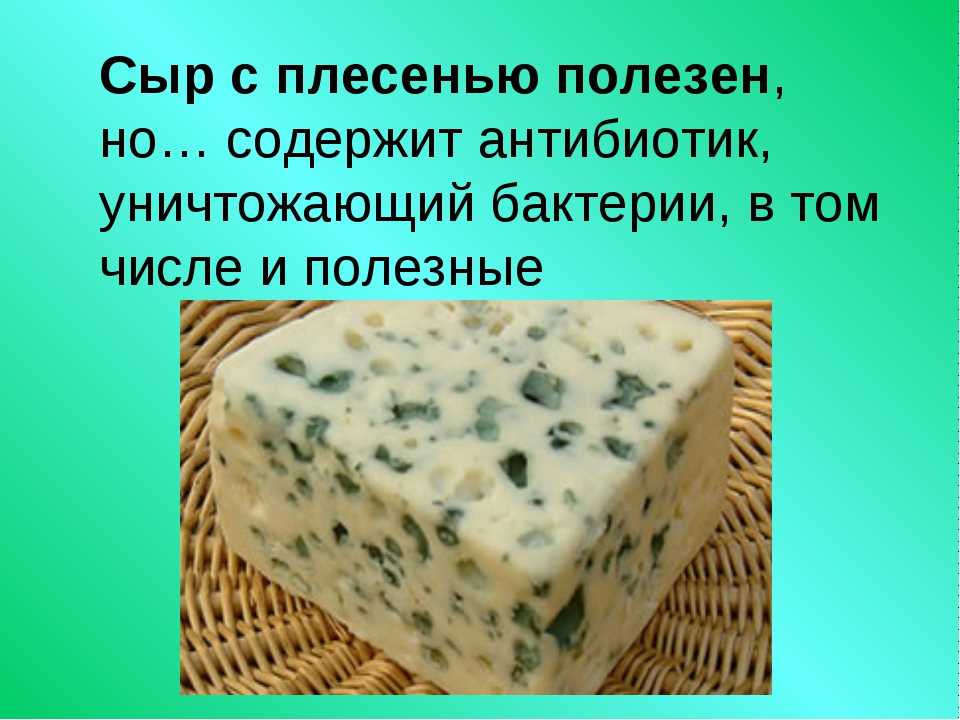 6).
6).
Pasteurization, which uses mild heat to partially sterilize certain products, kills listeriosis . However, relatively few blue cheeses are pasteurized, increasing the risk of bacterial contamination.
Are all blue cheeses at risk?
Be aware that cooking can kill listeriosis . Thus, carefully prepared meals such as blue cheese pizza are probably safe for pregnant women.
One study using raw milk showed that a temperature of 131°F (55°C) significantly reduced the activity of listeriosis (7).
Some blue cheeses, although less common, are made from pasteurized milk. This can be determined by looking at the product label.
If you are pregnant, you should avoid any blue cheese containing raw milk. By law, unpasteurized dairy products must be disclosed in most US states.
How about blue cheese sauce?
Blue cheese dressings often combine blue cheese with mayonnaise, buttermilk, sour cream, vinegar, milk, onion and garlic powder, although other variations exist.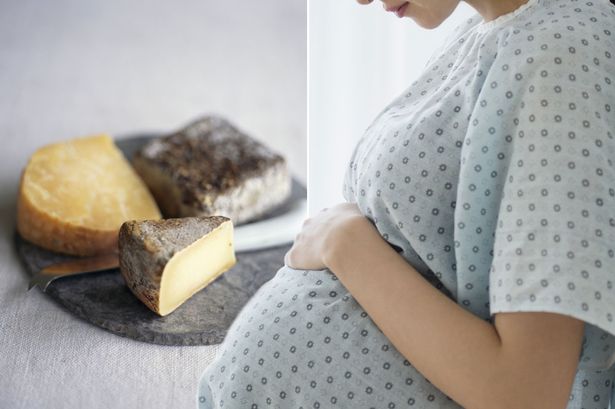
The moldy milk and cheese in this dressing can be dangerous. listeriosis pollution. Blue cheese dressing may or may not be made using pasteurized ingredients.
To be on the safe side, pregnant women may opt out of blue cheese sauce. If you decide to buy it, choose a pasteurized product.
SUMMARY
Since it is often made from unpasteurized milk, blue cheese increases the risk of listeriosis poisoning, which is extremely dangerous for unborn babies. If you're pregnant, it's best to avoid blue cheese products or only buy those that contain pasteurized milk.
What to do if you have eaten moldy cheese while pregnant
Symptoms of listeriosis poisoning usually appear within a few days of eating contaminated food. However, some people may not show symptoms for up to 30 days.
If you are pregnant and have been eating moldy cheese, don't panic. Monitor your health and look for symptoms such as vomiting, diarrhea, or fever above 100.


